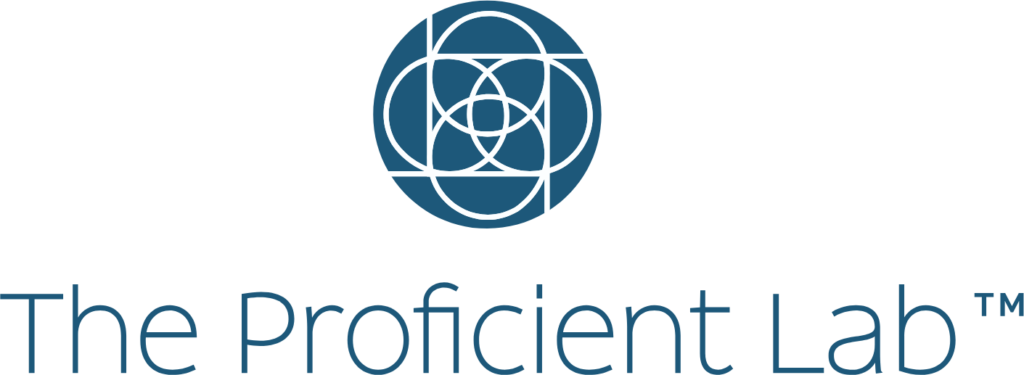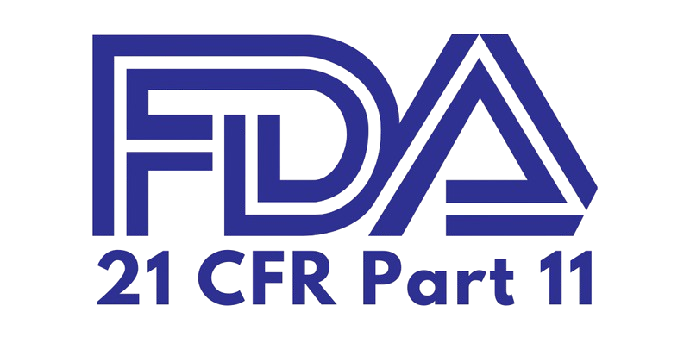
As December 2024 approaches, new regulatory changes for laboratory director requirements under the Clinical Laboratory Improvement Amendments (CLIA) will come into effect. These updates, introduced by the Centers for Medicare and Medicaid Services (CMS), aim to improve the quality and oversight of clinical laboratories. Here’s an overview of the changes, their impact on labs, and strategies for smooth adoption.
What Are the Changes?
Educational Requirements:
Doctor of Clinical Laboratory Science (DCLS): The DCLS degree will now qualify individuals for the High Complexity Laboratory Director (HCLD) role, expanding the pool of eligible candidates while maintaining high standards.
Nursing Degrees: Individuals with nursing degrees will no longer qualify as laboratory directors. However, a new pathway has been created for those with nursing degrees to become moderate complexity testing personnel.
Master’s Equivalency: The proposal to allow individuals with a “master’s equivalency” to qualify as HCLDs has been revised. The final rule emphasizes the need for a doctoral degree to ensure the necessary depth of research and analytical skills for high-complexity laboratories.
Fee Structure Updates: The rule introduces a new process for CLIA funding, including a biennial increase in fees and specific laboratory fees for follow-up surveys and complaint investigations.
Streamlining Adoption
To facilitate a smooth transition, labs can take the following steps:
Conduct a Gap Analysis: Assess current staff qualifications against the new requirements to identify any gaps. This will help in planning for additional training or hiring needs.
Update Training Programs: Develop or enhance training programs to ensure that all personnel meet the new educational and qualification standards. This may include partnerships with educational institutions offering relevant degrees.
Financial Planning: Review and adjust budgets to account for the increased fees and potential costs associated with hiring or training new staff. Consider consulting with financial advisors to optimize resource allocation.
Policy and Procedure Review: Update laboratory policies and procedures to reflect the new regulatory requirements. Ensure that all staff are informed and trained on these updates to maintain compliance.
Engage with Professional Organizations: Stay connected with professional organizations such as the Association for Diagnostics and Laboratory Medicine (ADLM) for guidance and resources on implementing the new regulations.
Impact on Lab Growth and Scaling
The upcoming regulatory changes could significantly influence a lab’s ability to grow and scale efficiently. Here’s how:
Increased Operational Costs: The new fee structure and potential need for additional training or hiring could increase operational costs. Labs will need to carefully manage their budgets to ensure they can afford these changes without compromising other areas of their operations.
Operational Changes: Labs will need to ensure that their operational protocols align with the new educational and qualification standards, which may involve updating job descriptions and training programs.
Regulatory Compliance: Ensuring compliance with the new regulations will require ongoing effort and resources. Labs that can efficiently integrate these changes into their operations will be better positioned to scale, as they will avoid potential fines and disruptions associated with non-compliance.
Enhanced Quality and Reputation: Adhering to higher standards can enhance a lab’s reputation for quality and reliability. This can attract more clients and partnerships, facilitating growth. Labs that demonstrate a commitment to excellence may find it easier to expand their services and enter new markets.
Innovation and Adaptability: Labs that proactively adapt to regulatory changes are likely to foster a culture of innovation and continuous improvement. This adaptability can be a significant advantage in a competitive market, enabling labs to scale their operations more effectively.
By understanding and preparing for these impacts, labs can navigate the regulatory changes while positioning themselves for sustainable growth and scalability. Adopting an eQMS with robust customizable training modules and document control like The Proficient Lab will help labs transition more efficiently. The key is to approach these changes strategically, leveraging them as opportunities to enhance quality and operational excellence.




